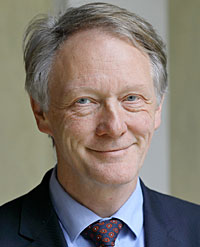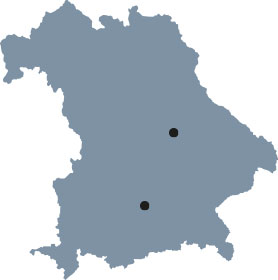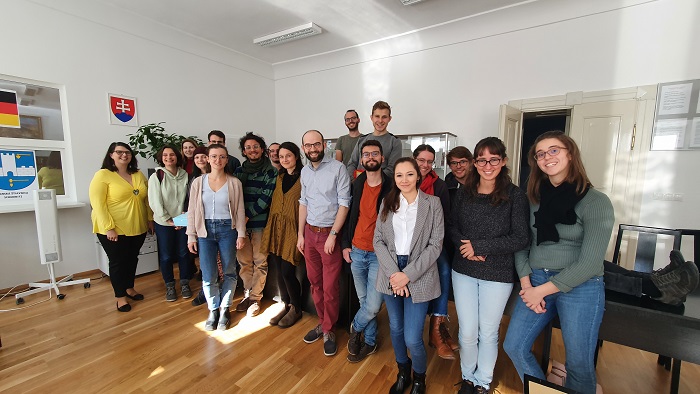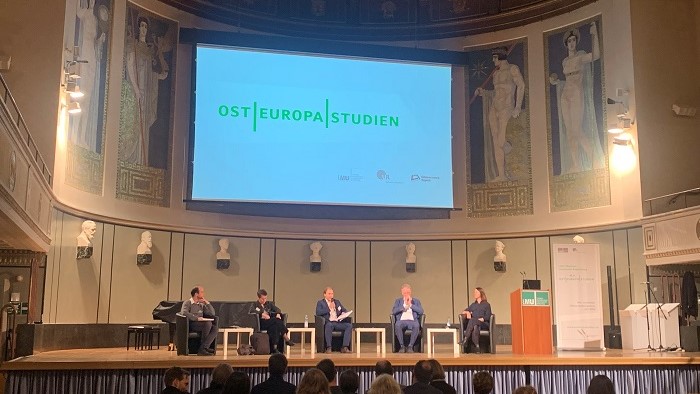East European Studies
The interdisciplinary Elite Graduate Program provides expert knowledge in the area studies of East Central, South East and Eastern Europe. It offers ideal conditions for learning to communicate and cooperate with the region in all socially relevant realms. In addition to specialist knowledge and linguistic competence, the course furnishes students with key skills they will need in order to take up positions of responsibility in politics, culture, business and academia. Special features of the degree program include a project course and an annual summer school.
| Degree | Master of Arts |
| Duration of study | Four semesters |
| Place of study | Munich, Regensburg |
| Admission requirement | BA degree in a relevant field of study |
| Language of instruction | Mostly German |
| Head | Prof. Dr. Martin Schulze Wessel |
| Coordinator | Dr. Felix Jeschke Contact the coordinator |
| Further information | Website East European Studies |
Expert knowledge of Eastern Europe
The interdisciplinary two-year master program in East European Studies provides qualified students with specialized, regionally focused knowledge on East Central, South East and Eastern Europe. Students learn to analyse developments and situations in Eastern Europe and situate them in their political, legal, economic, historical and cultural contexts.
The modularized master program is offered by the universities of Munich and Regensburg. The participating departments are History, Slavonic Studies, Comparative Literature, Law, Economics, European Ethnology, Political Science, Turkish and Ottoman Studies, and Jewish History and Culture.
In addition to specialist knowledge and linguistic competence, the course furnishes students with key skills they will need in order to take up positions of responsibility in politics, culture, business and academia. To this end, the challenging theoretical curriculum is augmented by practical modules and an interdisciplinary project course. The program has an international orientation and involves an obligatory internship at a company or institution located in or connected to Eastern Europe. Furthermore, each year group participates in a specially designed summer school in the region.
Regional knowledge through cooperation
A demanding admission procedure, intensive mentoring and supervision, and the involvement of renowned academic institutions assure the program’s quality.
The East European Studies program cooperates with numerous research institutes in Munich and Regensburg, such as the Collegium Carolinum, the Leibniz Institute for East and Southeast European Studies (IOS), the Institute for Eastern European Law and the Bavarian State 4 Library. The Studentsattain a better understanding of the intercultural and intracultural connections in Eastern Europe. This way they become experts in their respective fields and regions.


The Elite Graduate Program combines a broad academic program with excellent student supervision. It qualifies the students academically, yet it is also practically oriented.
Prof. Dr. Schulze Wessel




